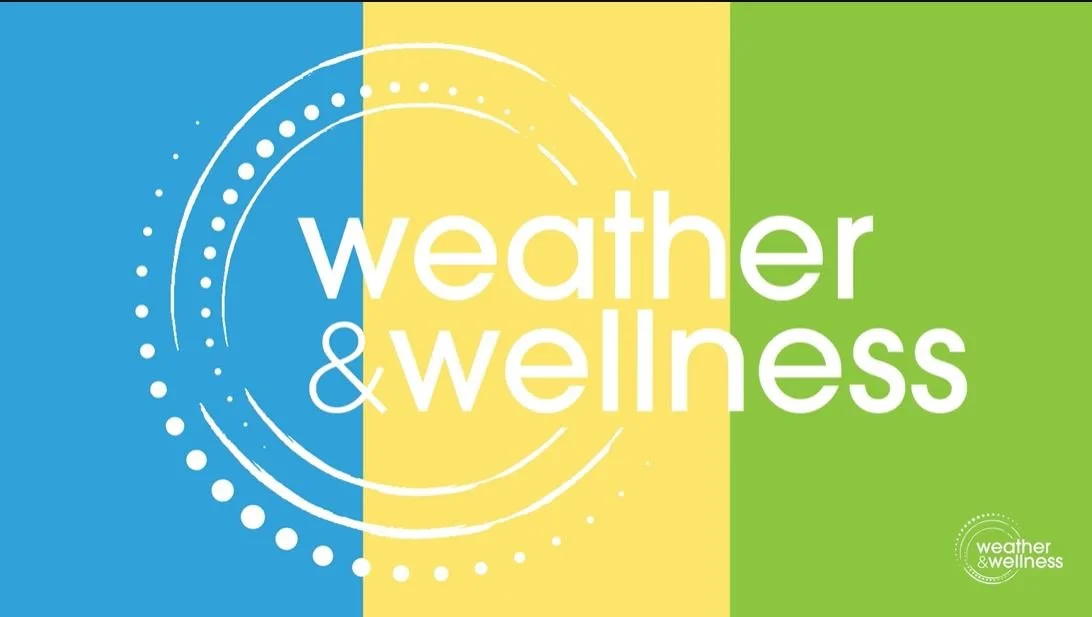
ECO-ANXIETY
Madison Sheppard, 20, Climate Justice Activist:
“Watching the earth die in front of you is a terrifying feeling. Climate Change isn’t a future issue… it’s a NOW issue…”
Madison describes her eco-anxiety manifests into physical symptoms: body shakes, racing heartbeats, feeling faint, and sometimes and crying. After a close call with a tornado warning near her home in Maine, she was hospitalized due to her anxiety. “I am not afraid to talk about this because I know others have been where I am. It feels like you fell into the deep end of the pool, and suddenly the world is ending.” A 2021 global survey of 10,000 young people between the ages of 16-25 around the world shows that more than 56% believe that “humanity is doomed.”
Climate change has been linked with extreme weather events. For those with eco-anxiety, a term described by the American Psychiatric Association (APA) as the “chronic fear of environmental doom,” viewing images and watching media reports of any type of weather-related destruction can trigger agitation. Twenty-year-old climate justice activist Madison Sheppard posited on Twitter in the days that followed the recent tornado outbreak, “My heart hurts, it’s heavy. I can’t imagine how the communities and families affected by the recent tornado tragedies feel.”
Eco-anxiety isn’t just experienced by Gen Z. Christa Carignan says she’s been concerned about environmental issues for over 30 years. But it wasn’t till this year, 2021, that she Googled "how to deal with eco-anxiety." Christa was searching for more information on coping with feelings of fear, sadness, and even anger at times - for the lack of action on fighting climate change. “Not enough people care to take meaningful action to draw down carbon emissions. “ she says. “I think about climate change and how it is going to play out from here on forward. I worry about how my husband and I are going to cope in our retirement years.”
A recent APA poll found that more than half of respondents were somewhat or extremely anxious about the effects of climate change on their own mental health. Psychotherapist Linda Buzzell teaches other therapists and psychology students at Pacifica Graduate Institute in Santa Barbara, California, techniques in addressing patients’ eco-anxiety. She advises practitioners to listen carefully to the experiences people are having and not minimize or diminish the accuracy of their perceptions or the validity of their emotions. Climate change is a “collective threat to all of us,” she says. “Only if eco-anxiety retriggers an underlying anxiety disorder or earlier trauma is it appropriate to fall back on our usual treatment methods plus a prescription for nature-connection work or outdoor therapy.” Buzzell is also an ecotherapist, a practice that emphasizes the relationship between people and the outdoors.
Spending time in nature has been therapeutic for Christa. She says her Maryland garden gives her comfort and peace in uncertain times. “I think of my garden as a little space where I can make a positive change in this world -- I am planting trees, native plants for pollinators and birds, growing food for me in my husband, sharing plants and flowers with my neighbors, and making art inspired by my garden. These things bring me joy.”
Madison’s work as a core member of the Maine Youth for Climate Justice (MYCJ) and other organizations has helped her counteract her feelings of hopelessness, She says she’s found working with other young people who share her goals to fight for bold climate action helps her to take the physical edge off her anxiety.
The Climate Psychiatry Alliance and the Climate Psychology Alliance offer additional resources on coping with eco-anxiety, including information on finding climate-aware therapists in your community.

Meditation & Mindfulness with tips from expert Dr. Amy Reyer with the Art of Living Slowly.

TORNADO OUTBREAK
The catastrophic, deadly tornado outbreak that occurred on December 10, 2021, struck at night. When the sun came up the next morning, the destruction left behind was almost inconceivable. Preliminary storm survey reports from the National Weather Service indicate one long-track tornado traveled 128 continuous miles across several states, with estimated peak winds from 158 - 206 mph. Homes and buildings were completely demolished, trees were uprooted, and tragically over 75 lives were lost.
December tornadoes are not unheard of, but the size and scope of this outbreak prompted the question of whether this event can be linked to climate change. Scientists say research analyzing the impact of climate change on tornadoes is nuanced and still evolving. Meteorologist and journalist Bob Henson explained in Yale Climate Connections, “Fortunately, human-warmed climate isn’t making violent U.S. tornadoes any more frequent. However, climate change may be involved in some noteworthy recent shifts in the location and seasonal timing of the tornado threat.”
Climate change has been linked with other types of extreme weather. For those with eco-anxiety, a term described by the American Psychiatric Association (APA) as the “chronic fear of environmental doom,” viewing images and watching media reports of any type of weather-related destruction can trigger agitation. Twenty-year-old climate justice activist Madison Sheppard posited on Twitter in the days that followed the tornado outbreak, “My heart hurts, it’s heavy. I can’t imagine how the communities and families affected by the recent tornado tragedies feel.”
Madison Sheppard, 20, Climate Justice Activist:
“Watching the earth die in front of you is a terrifying feeling. Climate Change isn’t a future issue… it’s a NOW issue…”


